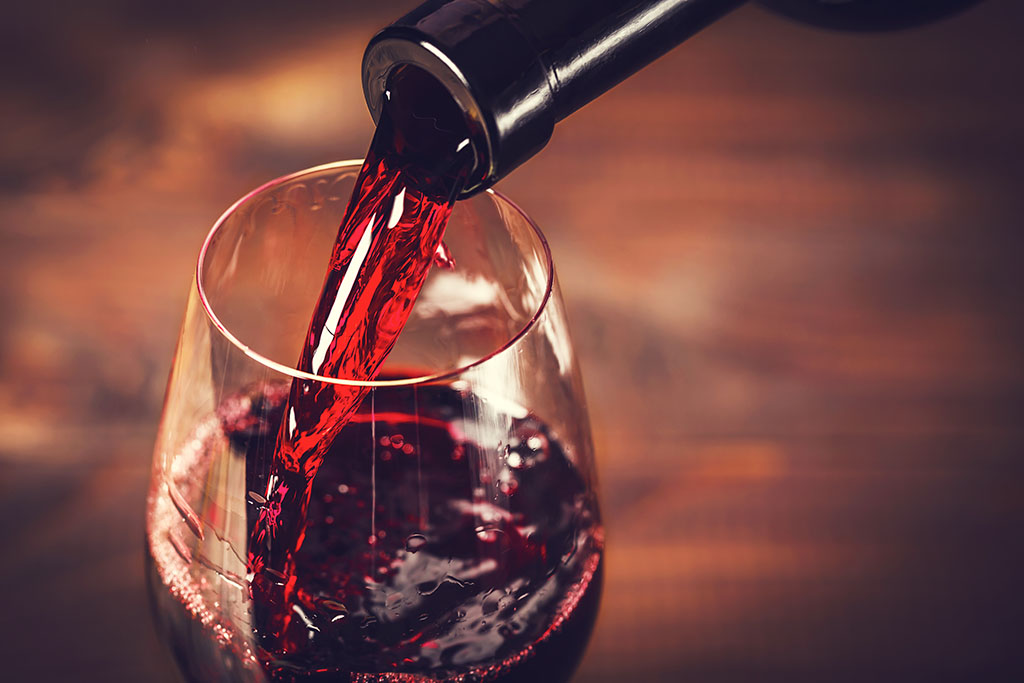
After a long day at work, you may not think twice about reaching for a glass of wine or bottle of beer when you get home. You just have one drink, eat a healthy dinner, and make sure to stay hydrated with a big glass of water. But let’s say you took a few ibuprofen a few hours before to get rid of a headache, or you’re on a daily medication to control your blood pressure. Is it ok to drink while taking certain medications, or should you avoid alcohol entirely? The warning label printed on medications is not something you should take lightly. Drinking alcohol while taking certain medications can cause problems that range from unpleasant to dangerous: nausea, headaches, drowsiness, and fainting, to name a few. Depending on the medication, you may even be at risk for internal bleeding, liver damage, or heart problems. Alcohol can even cause some medications to become ineffective. It’s important to know that alcohol reacts with many over-the-counter medications, not just prescriptions. If you’re at the pharmacy and are unsure after reading the label, your pharmacist is a great resource. He or she will be able to tell you whether or not you should consume alcohol when taking a certain medication. You can also call your doctor’s office or ask your doctor at your appointment, so that you know before you pick up your prescription. It’s also important to be honest with your doctor about your drinking habits; your doctor’s goal is to keep you healthy and safe, so providing accurate information about your lifestyle is crucial.When in doubt, play it safe and avoid alcohol until you’re off your medication. It’s best not to risk any possible interactions! Remember that even when you’re not on medication, the recommended daily limit for alcohol is no more than 2 drinks per day for men, and no more than 1 drink per day for women.
